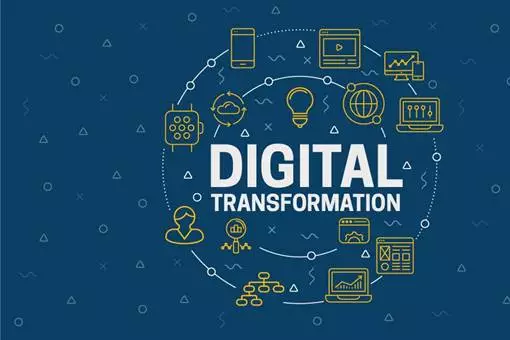Big 4 firm calls for fingerprints to replace passwords
- 2nd January 2016
- Innovation & Technology
A "more sophisticated approach" to online security is required because computer passwords are "broken," according to KPMG.
The big four accountancy firm thinks that new and more contemporary security measures should be introduced because the average person now has to remember at least 19 different passwords.
Weakest link
A new report from KPMG claims passwords are now "one of the weakest links in our security chain" because they are easy to hack. This has led to increasingly complex passwords, which are used to protect everything from bank accounts to mobile phones.
The solution to this would be to use fingerprints or eye recognition instead of passwords, said KPMG.
A separate report from identity management software provider Centrify found that, with the average person having at least 19 passwords for logging in to services like email and social media, only a fifth never forget them.
Password rage
Centrify's report also found that millions of people suffer from ‘password rage’, with a third admitting that forgetting login details led to them getting frustrated and angry.
KPMG’s cyber security business Technical Director David Ferbrache said: "People are being forced to adopt more and more convoluted passwords, while trying to avoid the temptation to reuse those super-strong passwords.
"It is high time we moved to a more sophisticated approach to authenticating people, which blends biometrics, behavioural analysis and contextual information.”
Other News
How Leadership Shapes Digital Transformation
Being digitally driven is a necessity right now for every business, but just acquiring new technology isn’t enough as implementation…
Top 3 Big Data Trends in 2020
Data and technology have made their way into our lives and have forever changed the way we use the internet.…
Technology failures changing consumer attitudes in banking, study shows
A study from data analytics firm Consumer Intelligence has highlighted the impact of technology failures in banking, with more than…



